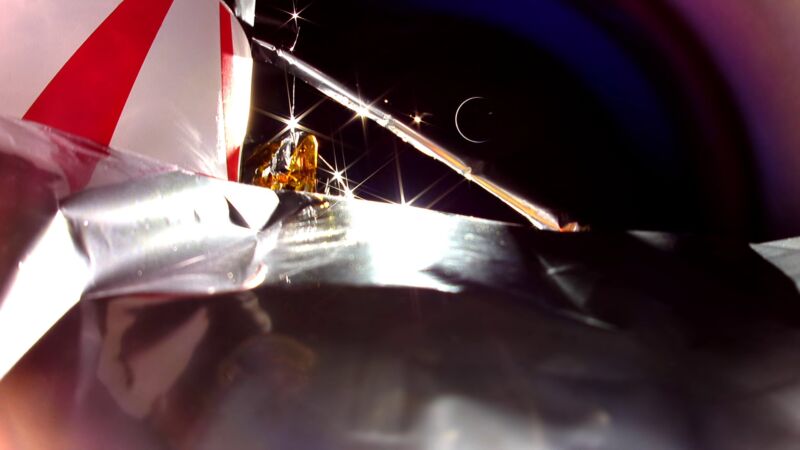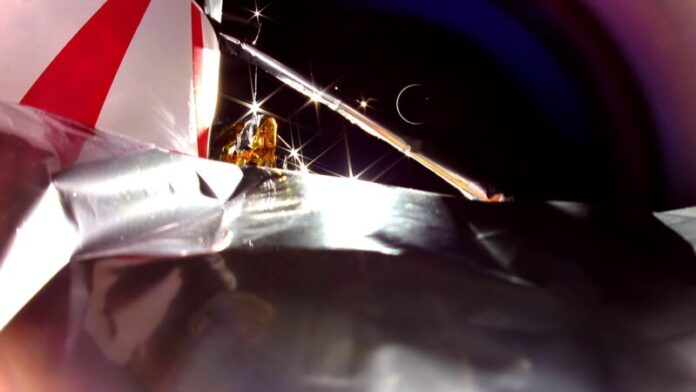
Enlarge / A camera on Astrobotic's Peregrine spacecraft captured this view of a crescent Earth during its mission. (credit: Astrobotic)
Astrobotic knew its first space mission would be rife with risks. After all, the company's Peregrine spacecraft would attempt something never done before—landing a commercial spacecraft on the surface of the Moon.
The most hazardous part of the mission, actually landing on the Moon, would happen more than a month after Peregrine's launch. But the robotic spacecraft never made it that far. During Peregrine's startup sequence after separation from its United Launch Alliance Vulcan rocket, one of the spacecraft's propellant tanks ruptured, spewing precious nitrogen tetroxide into space. The incident left Peregrine unable to land on the Moon, and it threatened to kill the spacecraft within hours of liftoff.
"What a wild adventure we were just on, not the outcome we were hoping for," said John Thornton, CEO of Astrobotic.
Read 32 remaining paragraphs | Comments
Ars Technica - All contentContinue reading/original-link]




